

Couples often pursue egg donation primarily due to poor egg quality, often associated with advanced maternal age or premature ovarian failure. Egg quality deteriorates with age, experiencing a significant decline after the age of 37.
If you've been facing challenges with conception and are considering donor egg IVF as a potential option, we encourage you to seek consultation with our specialists for an evaluation. At Lotus IVF, we prioritize your happiness and satisfaction, ensuring that your journey is nothing short of exceptional. Our commitment to employing the latest techniques and technology, combined with the expertise of our team, positions us as the preferred choice for couples seeking assistance in building their own families.
Donated eggs are needed by women who may have:
Premature menopause
Advanced age
Poor quality of eggs
Personal history of a genetic disease
Nil response to ovarian stimulation
History of multiple miscarriages
Failed IVF attempts in the past
Menopause
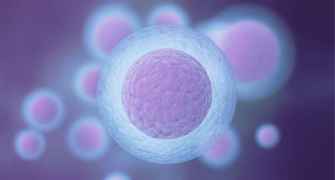
Following the initial consultation and selection of the Egg Donor, the process commences by stimulating the ovaries starting from Day 2 or Day 3 of the Egg Donor's menstrual cycle. During this phase, follicle scanning is performed, and the Egg Donor receives daily FSH/HMG injections for a duration of 10-12 days to promote follicle growth. Our fertility expert closely monitors follicle development in the ovary through regular ultrasound scans and blood tests to ensure optimal follicle size and quality.
Following 10-12 days of stimulation to promote egg growth, an injection (trigger) is administered to aid in the final maturation of the eggs and facilitate their release from the follicle walls. Approximately 34-36 hours after the trigger injection, the egg retrieval procedure is performed under general anesthesia at Lotus IVF Center.
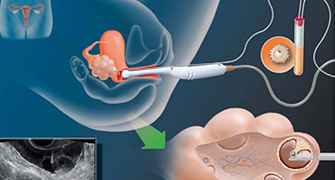
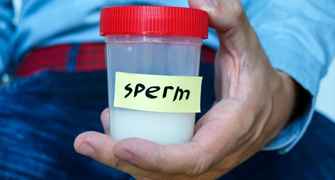
On the day of egg retrieval, a fresh sperm sample is obtained from the male partner through masturbation. Alternatively, if necessary, sperm can be retrieved from the testicles or epididymis through a separate procedure. The collected sperm sample is then processed, and the healthiest sperm are selected for use.
After the eggs are retrieved, the fertilization process initiates, wherein the mature eggs are placed in an incubator and fertilized with sperm within a few hours. In the ICSI procedure, embryologists meticulously choose a single healthy sperm and inject it directly into the egg. Fertilized egg observation continues until it progresses to the blastocyst stage. Following sperm-egg fusion, the embryo formation begins. Embryo monitoring occurs over a period of 2 to 6 days.
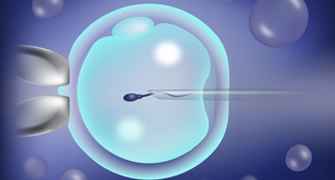
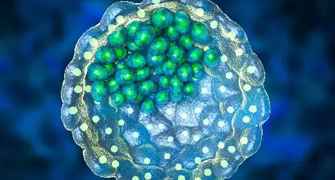
In the egg donor process, blastocyst culture refers to the cultivation of fertilized eggs (embryos) in the laboratory until they reach the blastocyst stage. This stage typically occurs around five to six days after fertilization. Blastocyst culture allows embryologists to select the healthiest and most viable embryos for transfer into the recipient's uterus, increasing the chances of successful implantation and pregnancy.
Upon embryo formation, the highest-quality and most developed embryos are selected for transfer into the uterus of the female partner using a small tube known as a catheter.
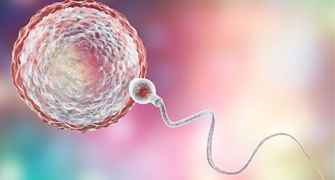

Following the embryo transfer into the uterus, our fertility experts prescribe medications aimed at optimizing the chances of implantation. Subsequently, after the specified period, typically around the 14th day or two weeks later, pregnancy tests are administered by our fertility experts to assess the outcome.
Embarking on a surrogacy journey represents a profoundly personal and transformative experience. At Lotus IVF Centre, our dedication is to ensure this process unfolds smoothly and proves to be deeply fulfilling. Our aim is to assist you in realizing your dream of parenthood, irrespective of any challenges you encounter along the way.
Yes, If your initial donation cycle is successful, we would be delighted to welcome you back for another egg donation cycle. Given that you've already completed the initial screening process, subsequent donations may require less time.
No, donating eggs will not impact your future ability to conceive children. Although there are inherent risks associated with any medical procedure, you will be thoroughly informed about them before proceeding with your donation.
The screening process will be finalized within a few weeks. Once you are selected as an egg donor, a cycle typically takes around two weeks to complete. The entire screening and donation process typically requires approximately three to six months.
While egg donation is generally safe, like any medical procedure, it carries some risks. Donors are informed of these risks before proceeding with the donation process.
Couples may consider egg donation when they face challenges due to poor egg quality, advanced maternal age, or other fertility issues.
Typically, egg donors are healthy young women between the ages of 21 and 30 who undergo thorough medical and psychological evaluations.